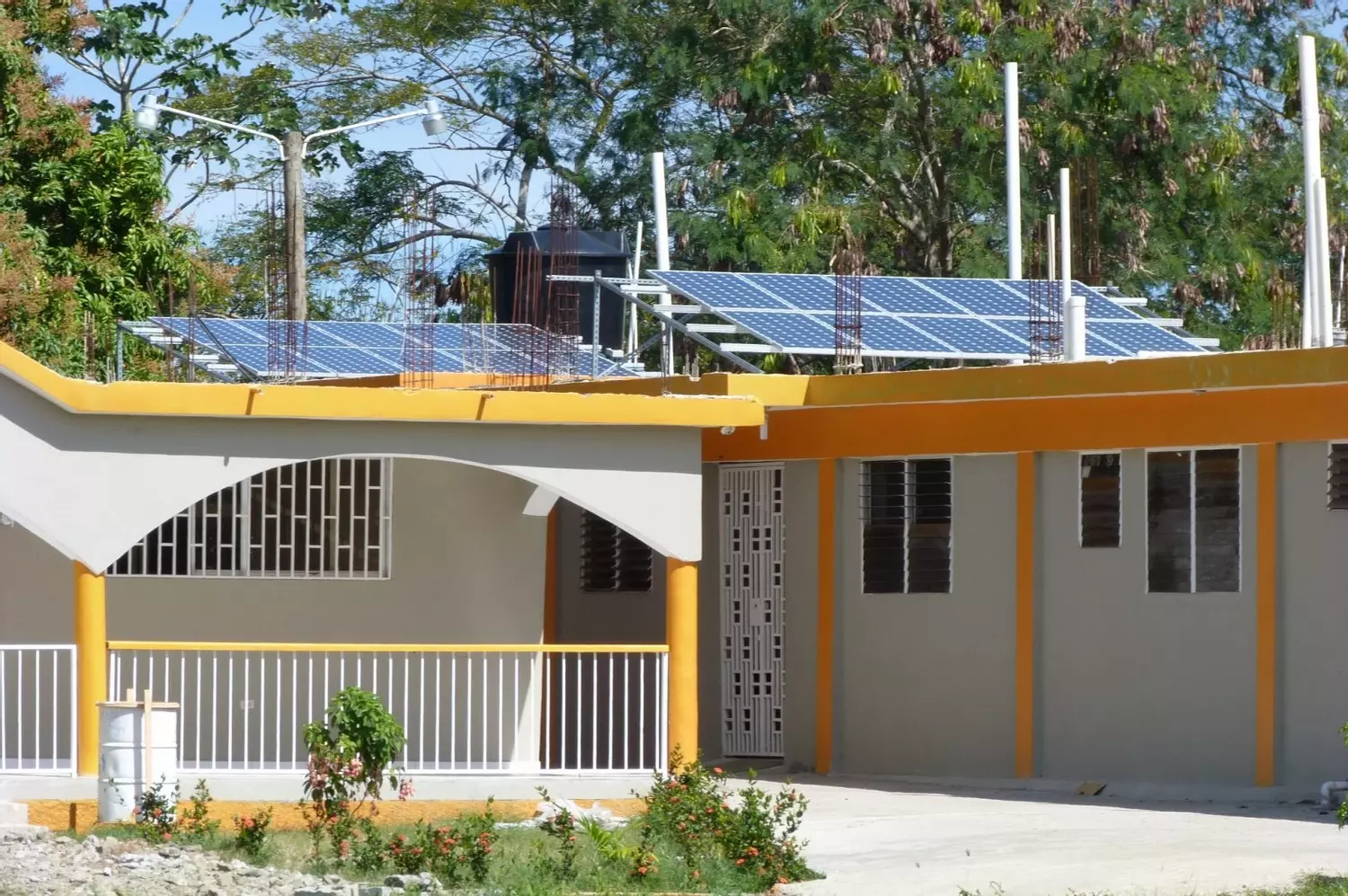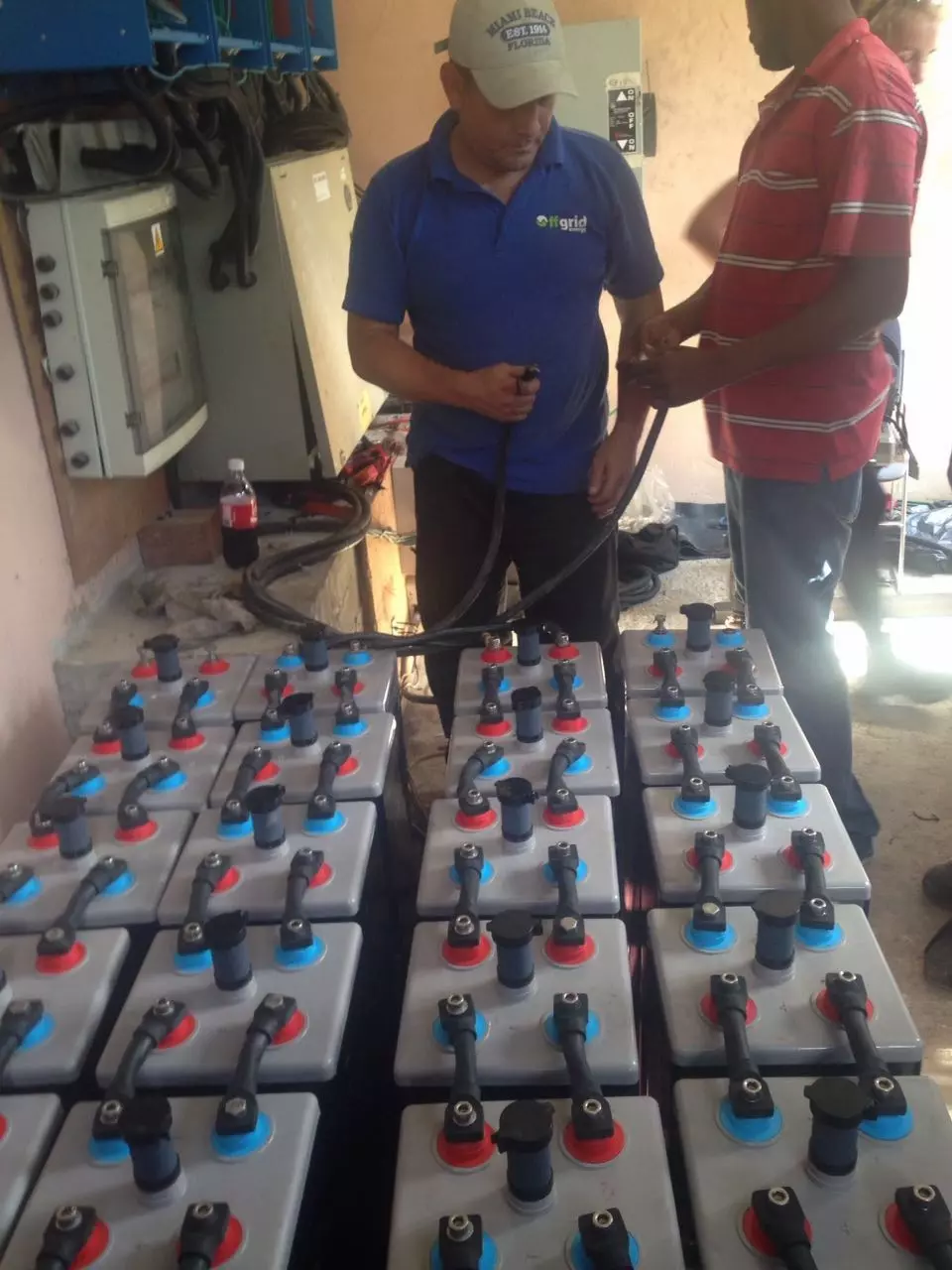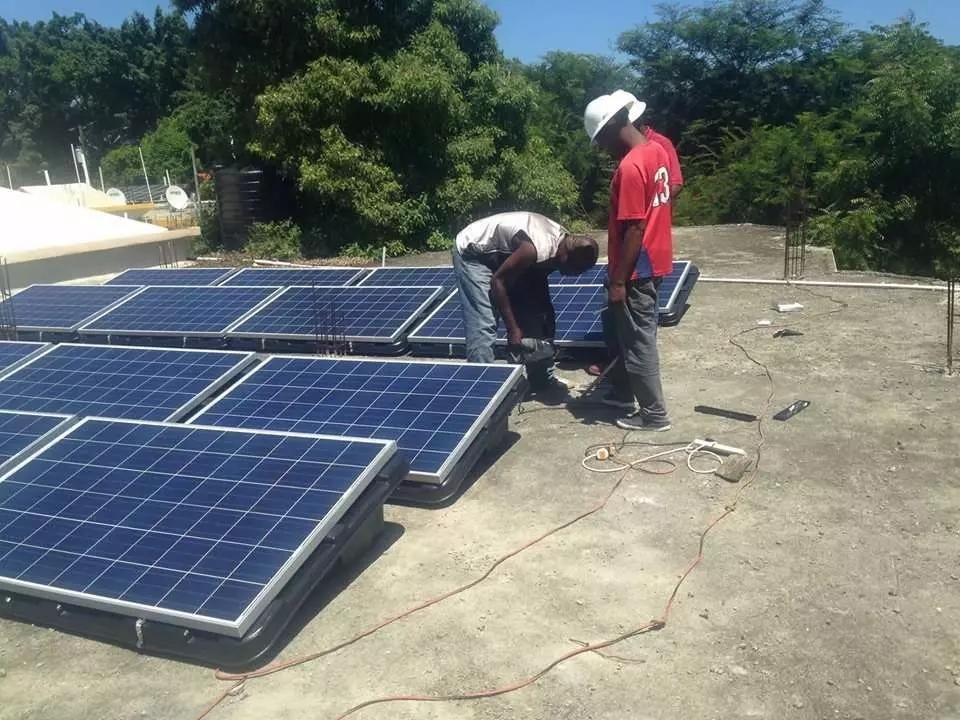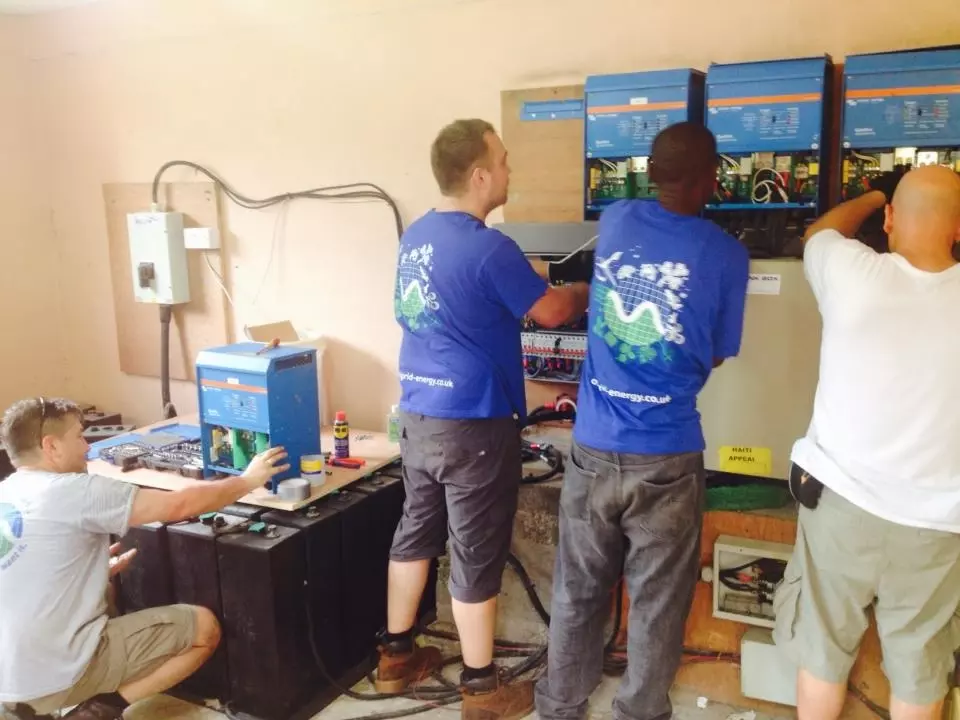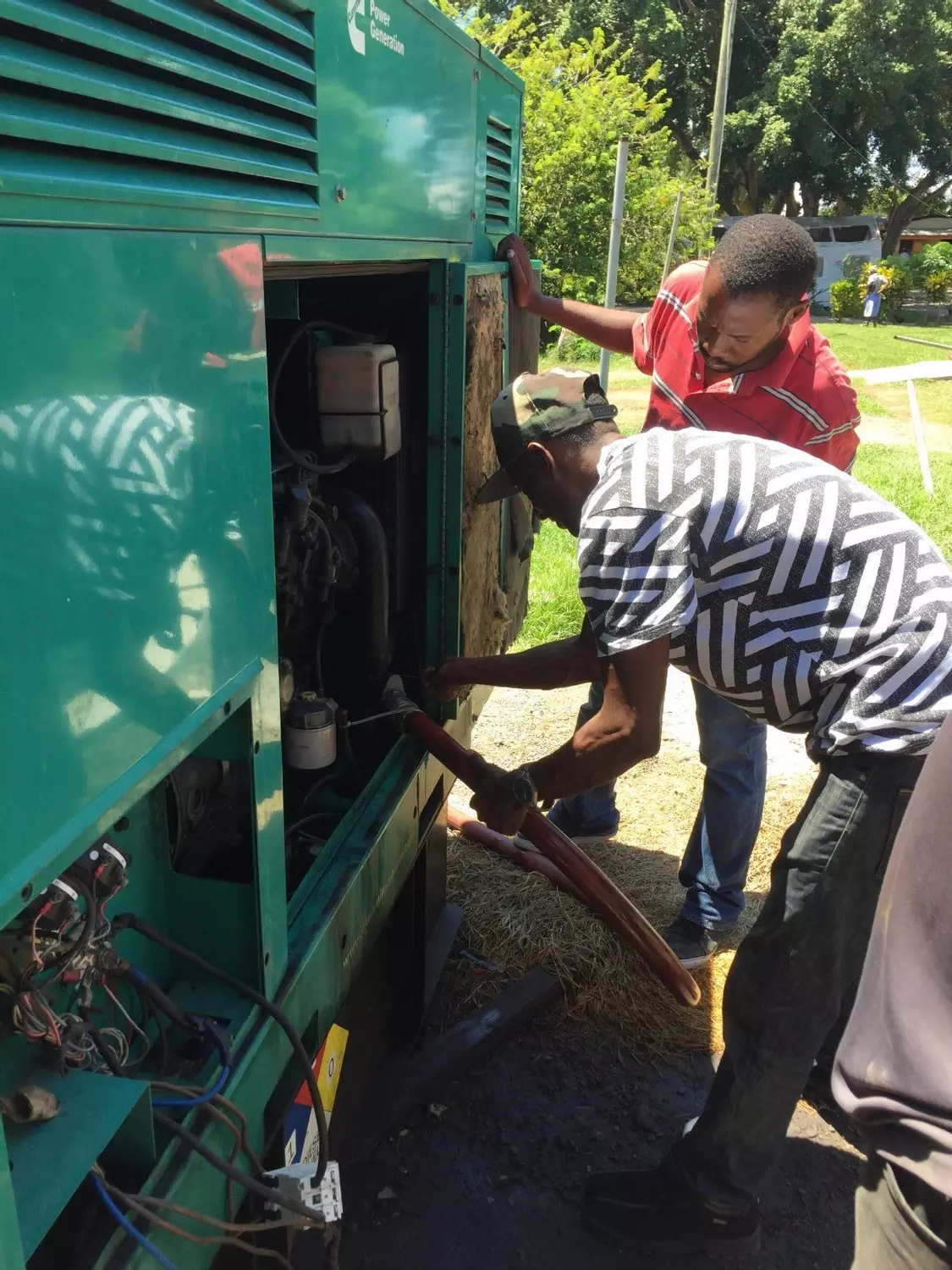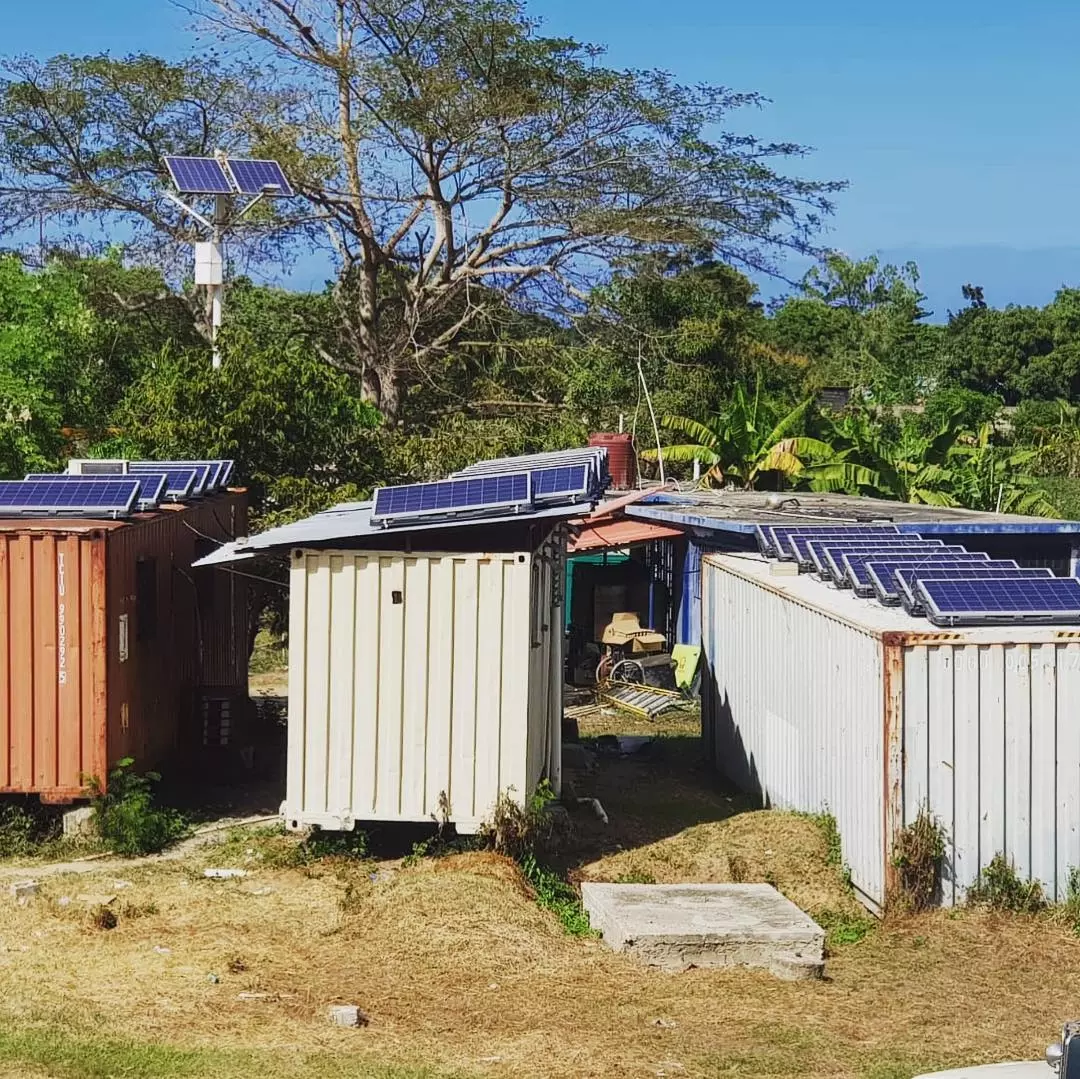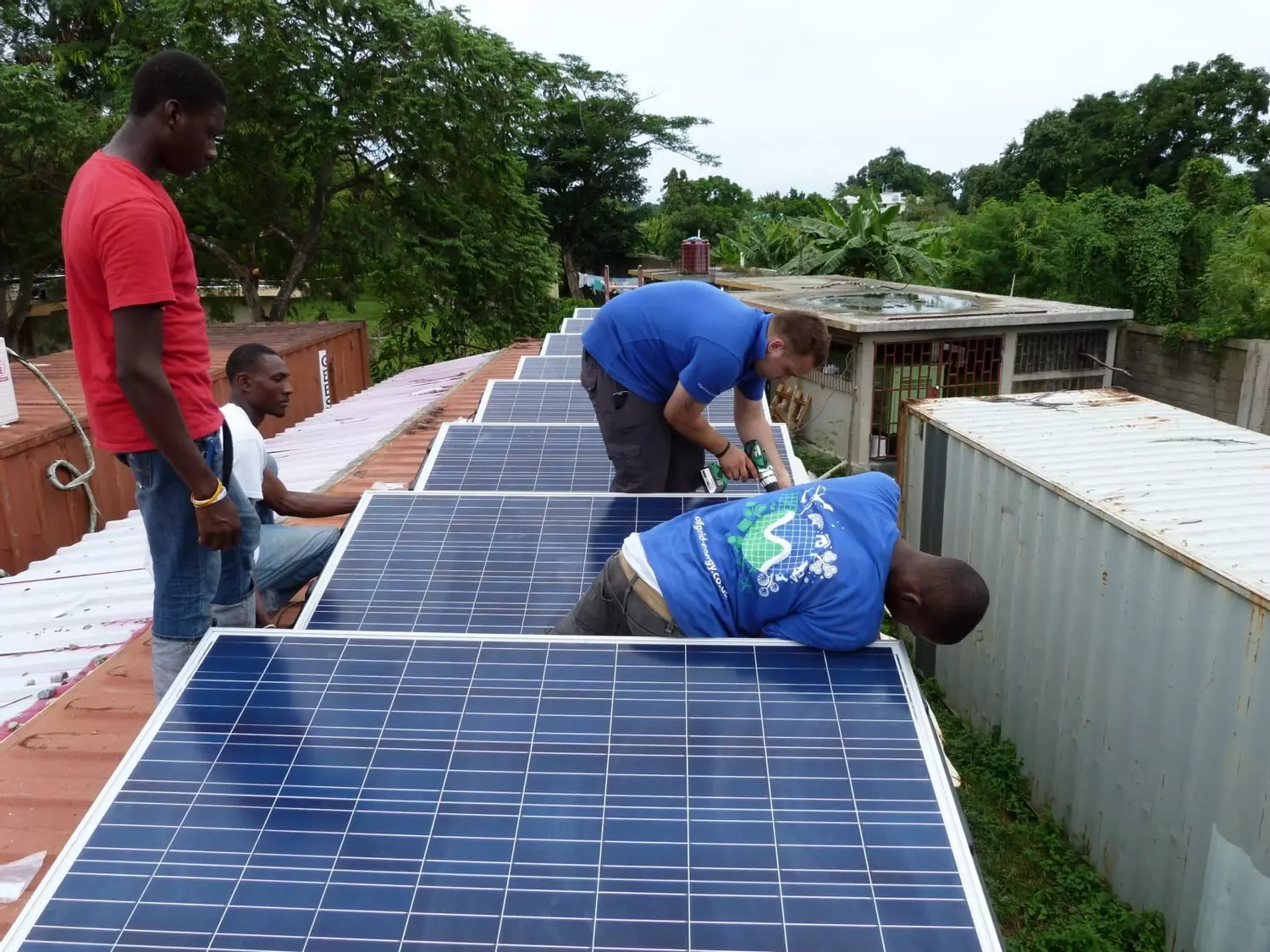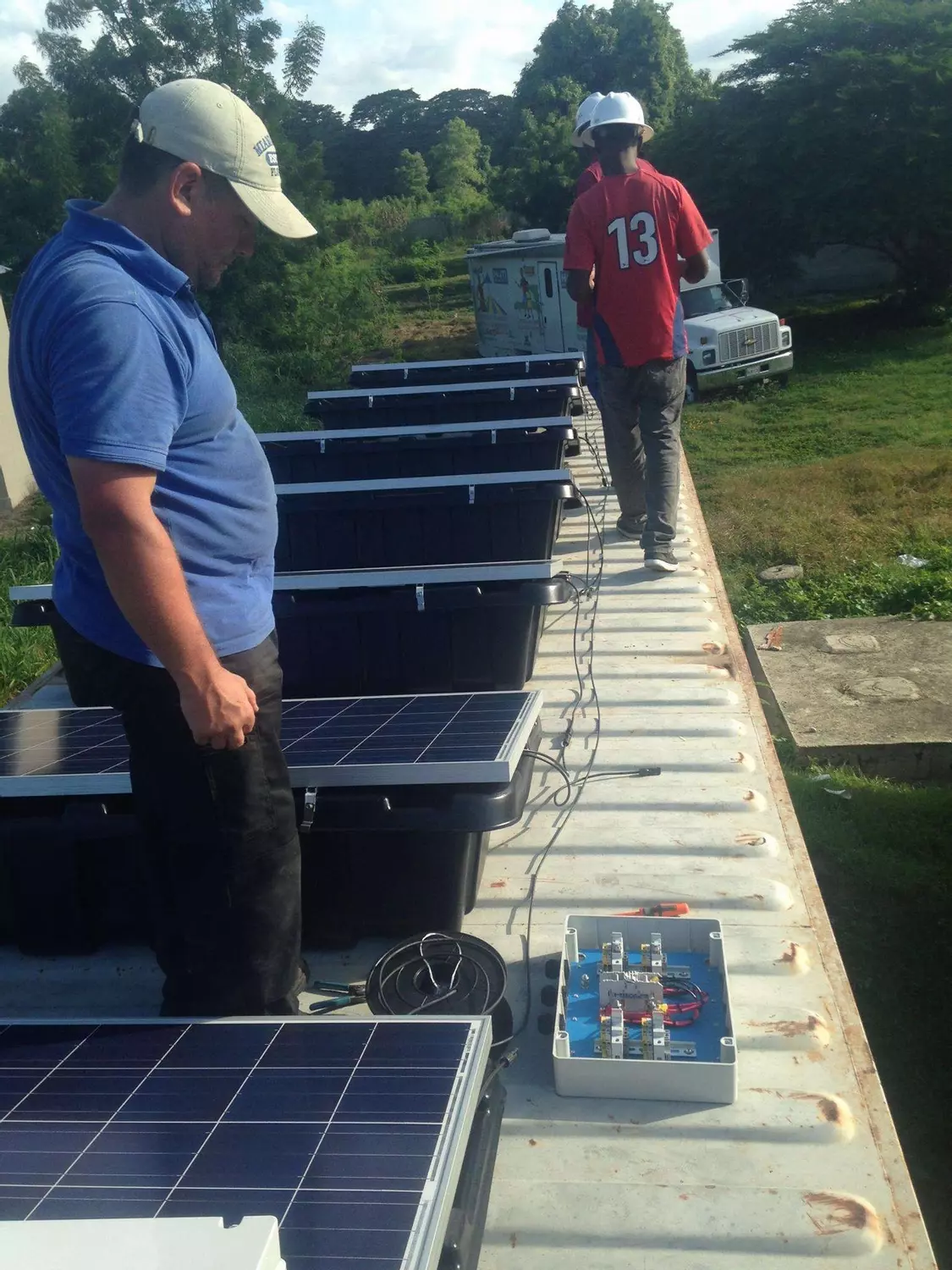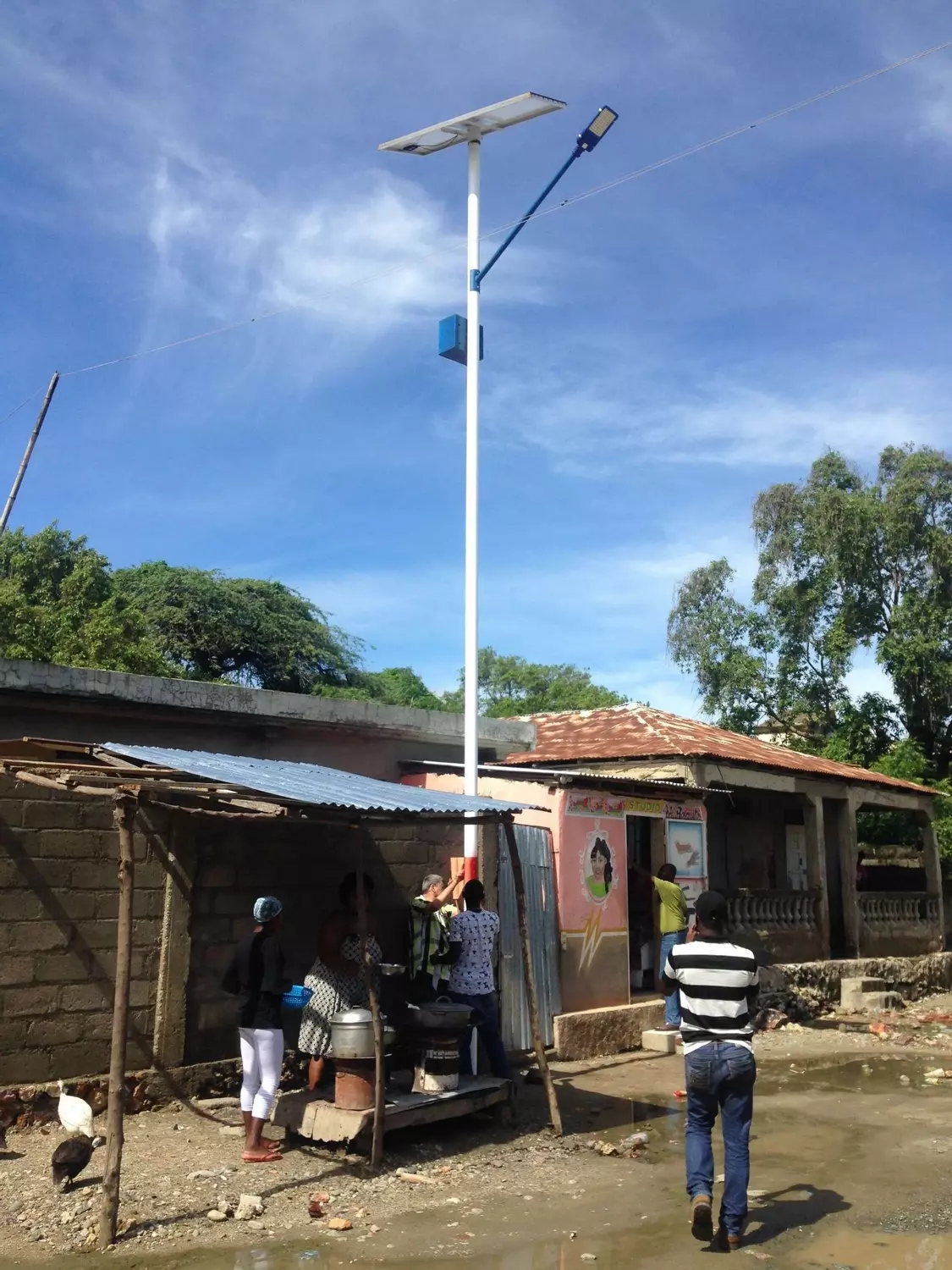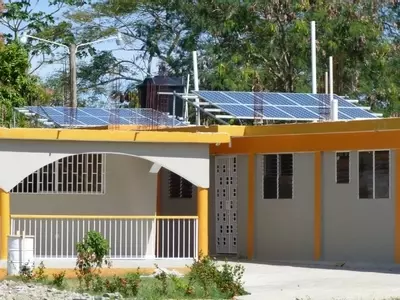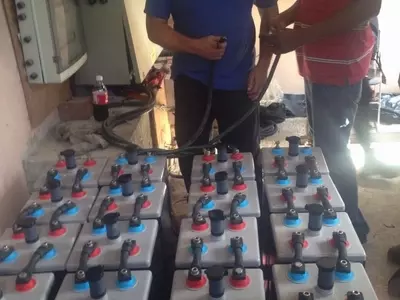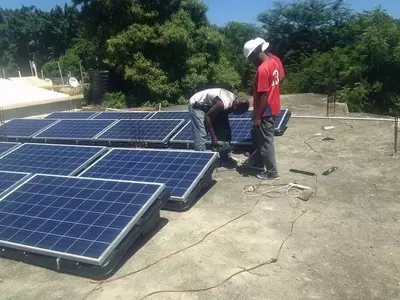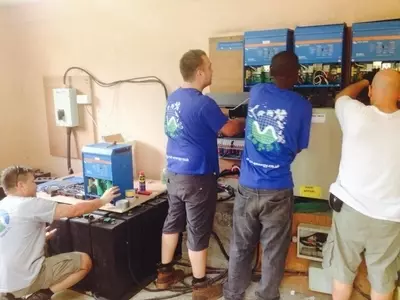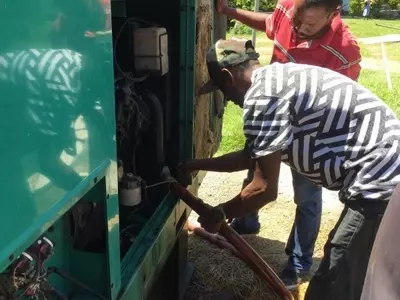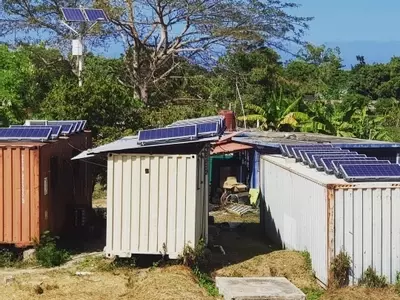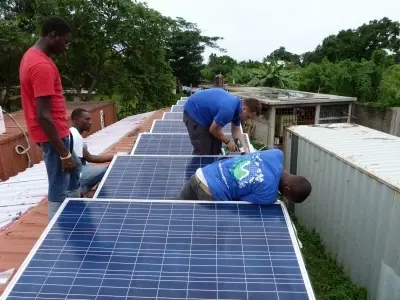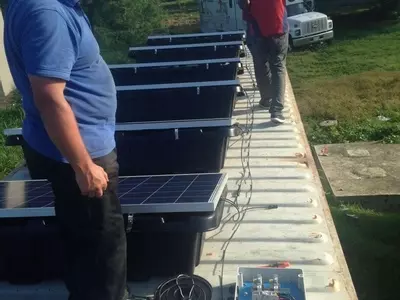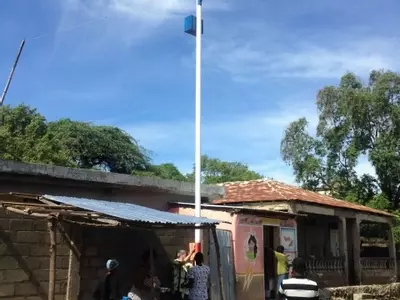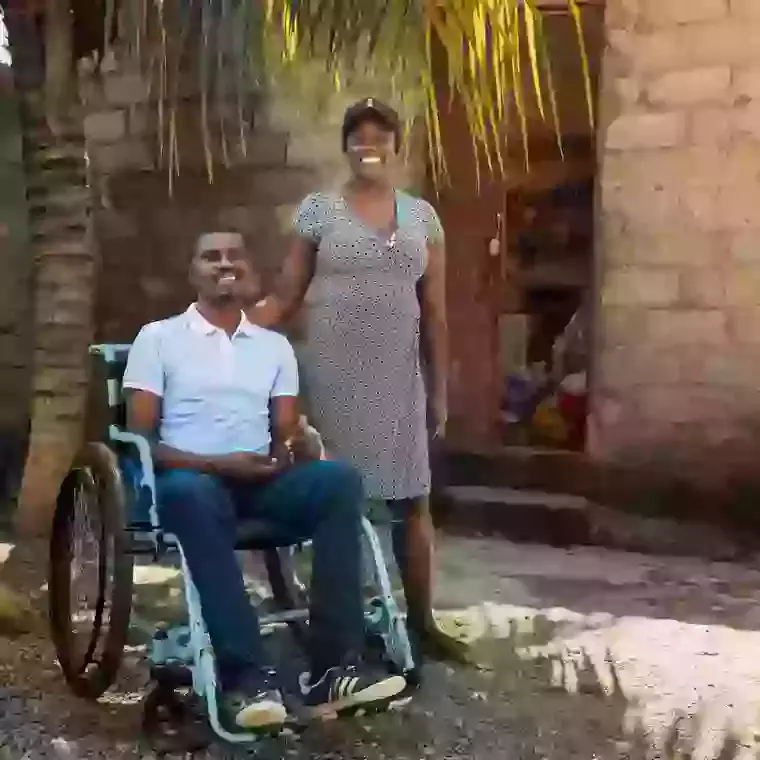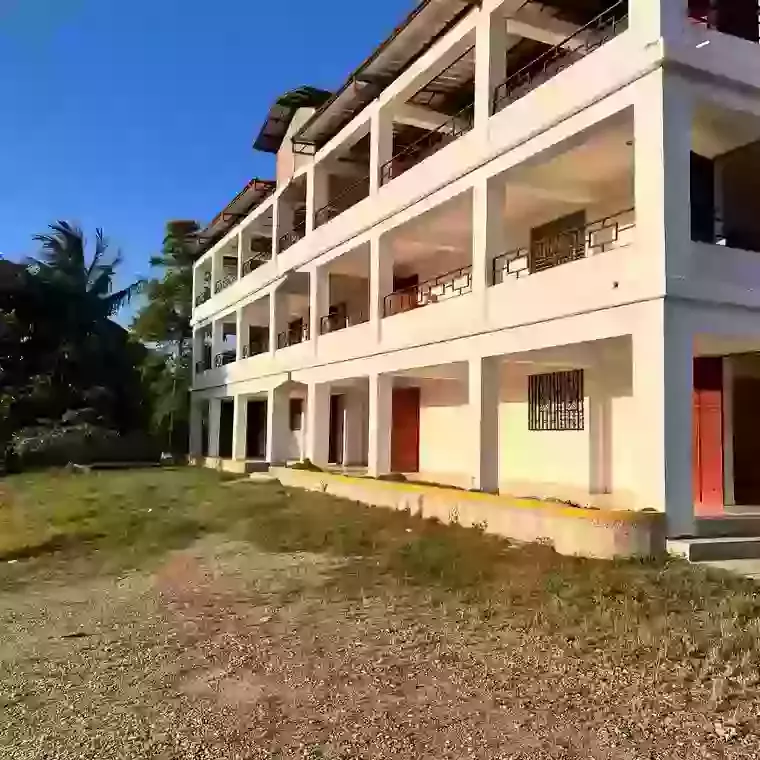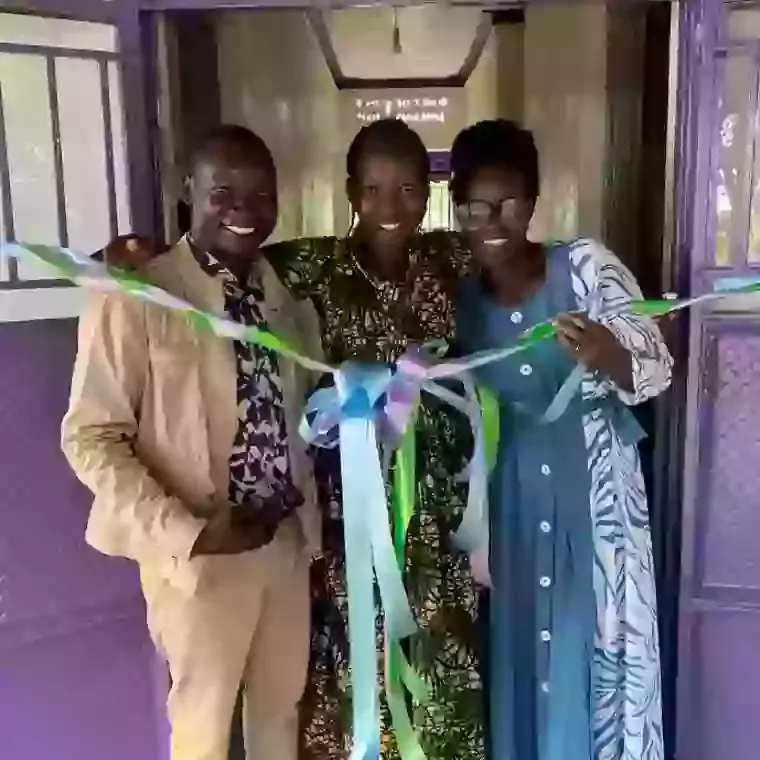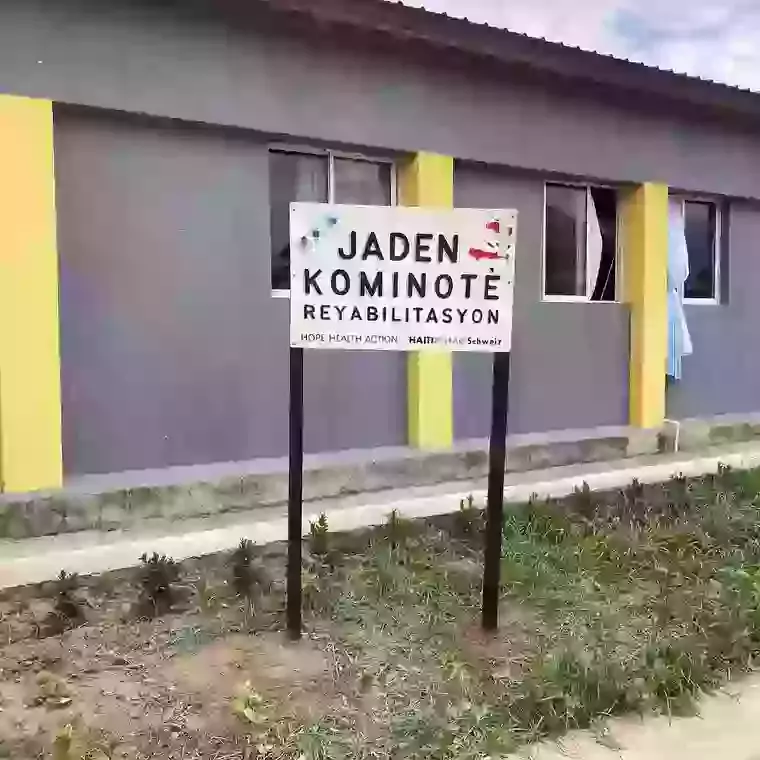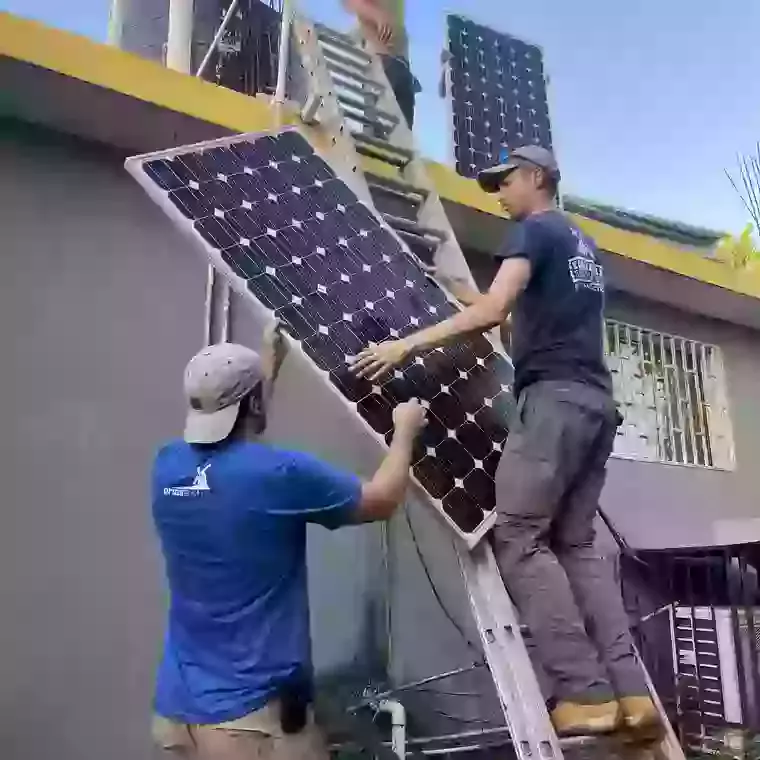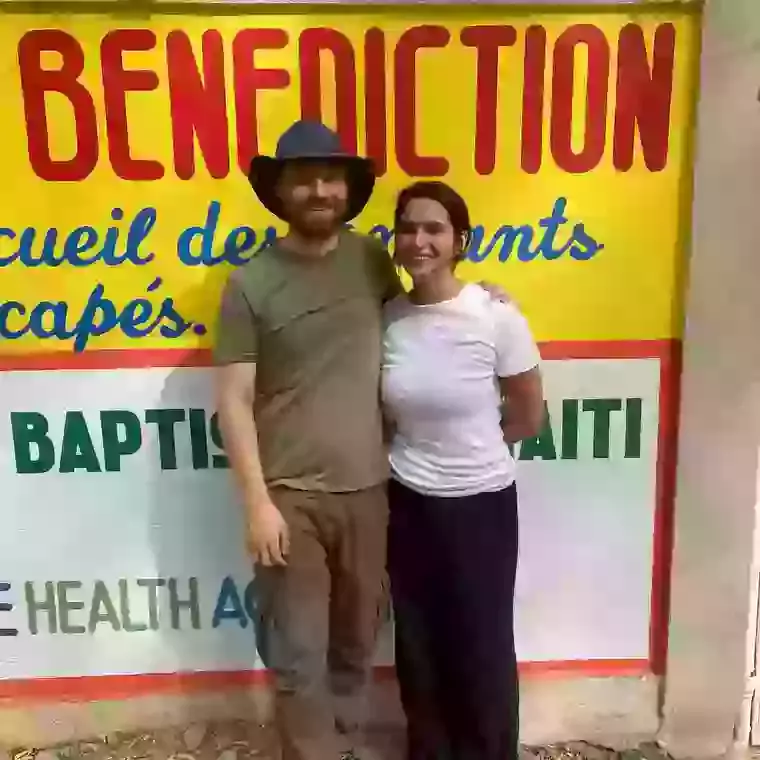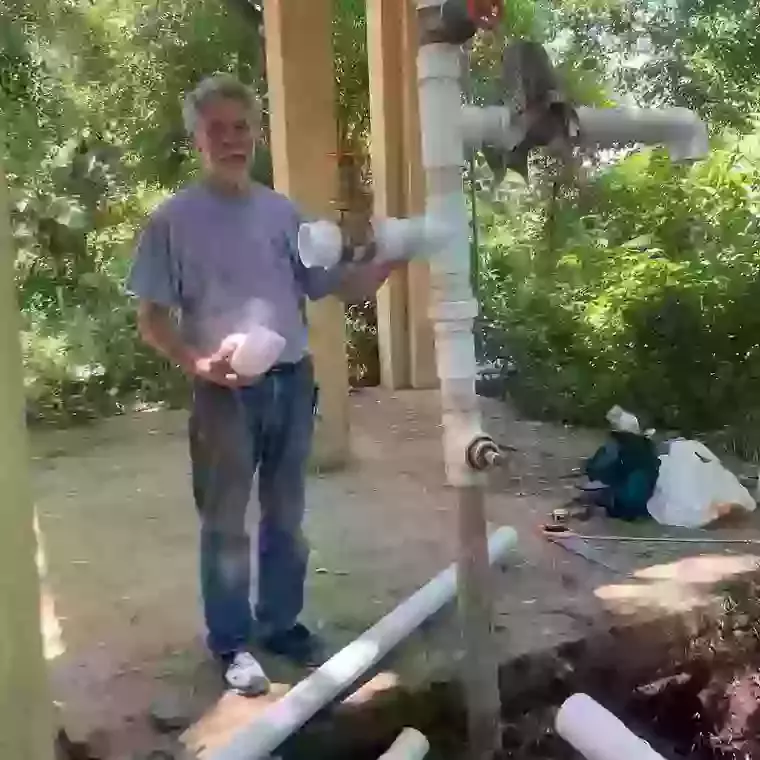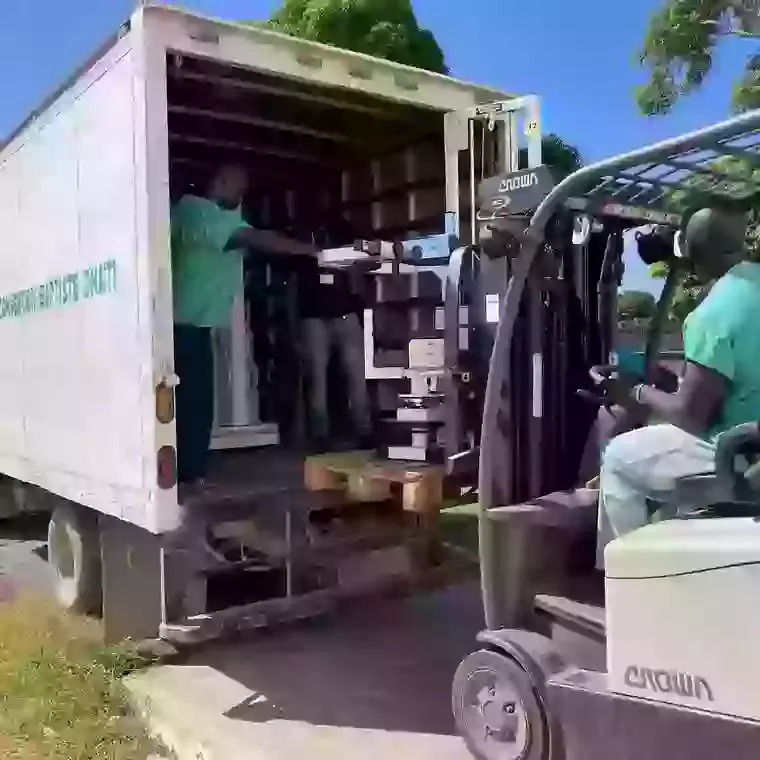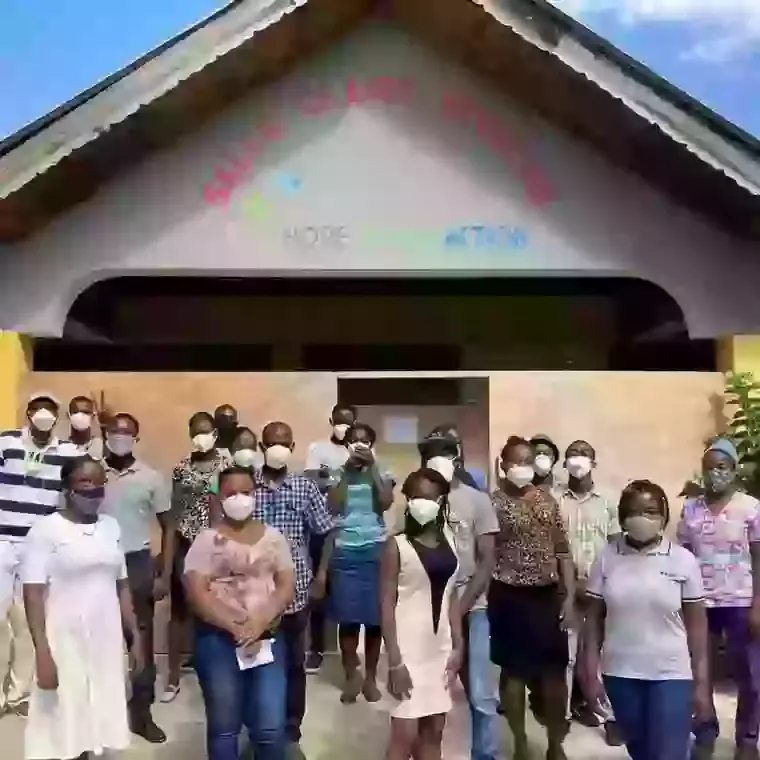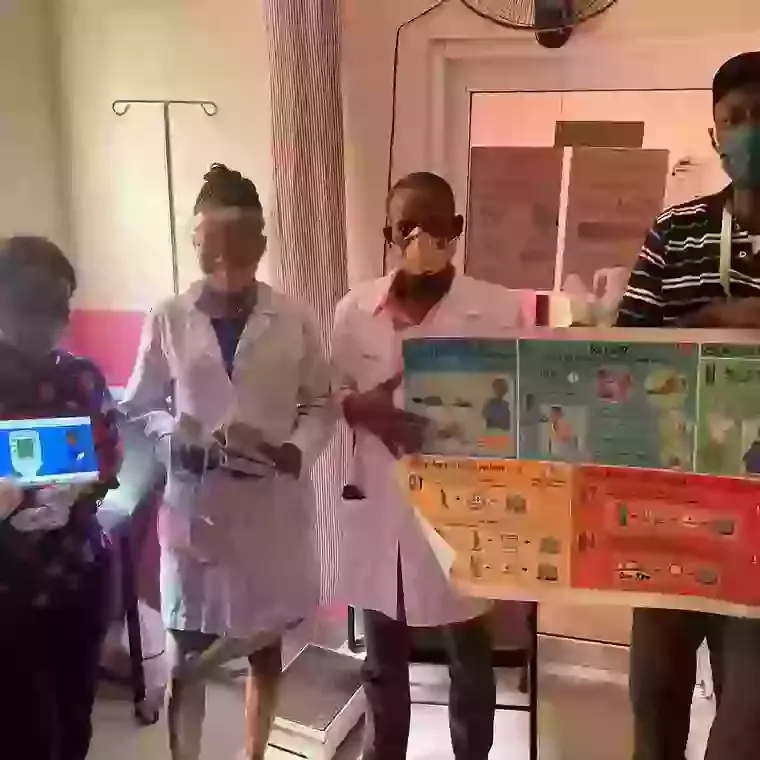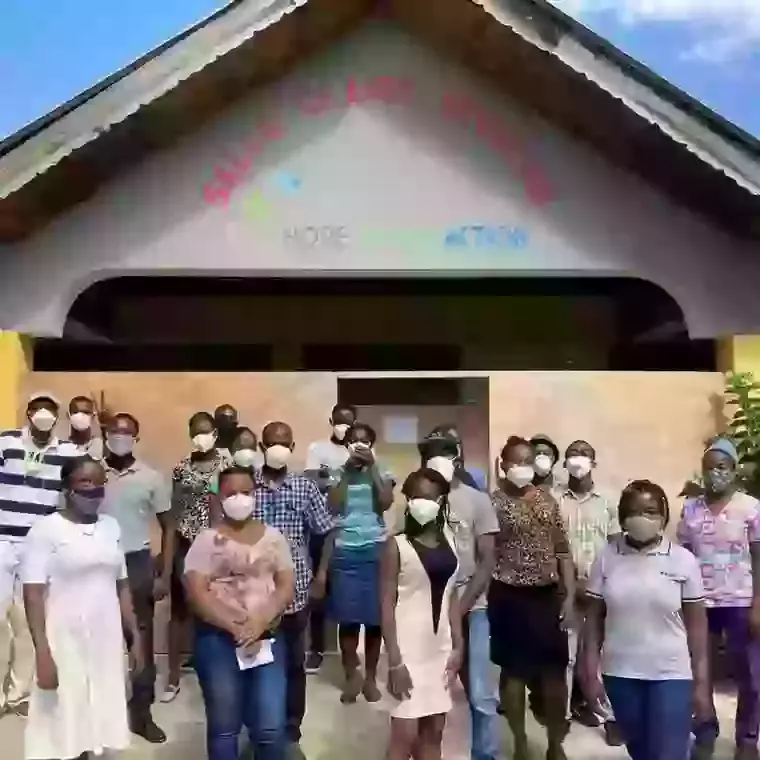Providing a reliable power source for the hospital to become 100% self-sustaining.
Haiti:
Haiti has some of the highest energy costs in the world, and with very few resources and an unreliable power grid, less than 45% of the total population have access to domestic electricity - something most of us would consider a basic necessity. In rural areas, such as the area of our partner hospital, HCBH, fewer than 5% of the population have access to electricity. Of the 9 million people in the Caribbean without electricity, more than 7 million live in Haiti. In recent months, political instability and lack of fuel have led to widespread protests and roadblocks making access to resources nearly impossible.
But, with an average of 8.5 hours of sunshine each day, in Haiti the power of the sun can be harnessed and converted into much-needed electricity.
Solar Development Project
A reliable power supply is a fundamental requirement for any hospital. HCBH struggle with unreliable grid power which can limit the ability to provide life-saving care to those in need. Whilst HHA has strived over the years for the hospital to become as self-sustainable as possible through solar power, the size of our hospital still currently necessitates a few large generators to aid our operations at night . Needless to say, trying to efficiently run a hospital, with no power at night, significantly impacts our vital services, whether our neonatal unit for premature babies or our emergency surgeries.
In recent years, we have been able to deliver significant upgrades to the hospital’s solar electrical system – a vital source of sustainable power. Thanks to our friends at OffGrid Energy, the team were able to add an additional sub-system in the surgical unit, which increases overall electrical capacity and reduces the burden on the main system. This is part of a regular programme of upgrades which we hope to continue over the coming years.
As part of our sustainable energy goals, we have recognised the need to train up our local staff in how to maintain and repair the wide array of medical equipment at the hospital. We were delighted to win a grant enabling us to commission Medical Aid International to deliver 2 weeks of intensive bio-medical training to a group of Haitian electricians and technicians. Now with training and specialist tools, the Haiti team have the skills to ensure medical equipment, all around the hospital, remains operational.
In addition, we are thankful for our partnership with the UN and APREMMAH to implement and install solar lighting street lights in the north of Haiti. In total 113 lights have been installed across areas of Cap Haitien itself and the surrounding residential areas including Limbé, Milot, Plaine du Nord and Quartier Morin. The project is run by the Crime and Violence Reduction unit of the UN in Haiti and its central aim has been to increase public safety during the night, for people living in some of the most deprived areas around Cap-Hatien.
In 2022, we are working towards securing another upgrade to the power grid at HCBH, with the goal of becoming 100% self-sustainable. With the recent protests and lack of fuel for our generators, this has become a priority project for the upcoming year.
Project Start Date: 2014
Lives being impacted: Providing life-saving power to the hospital with over 20,000+ patients seen each year
Partners/Donors:
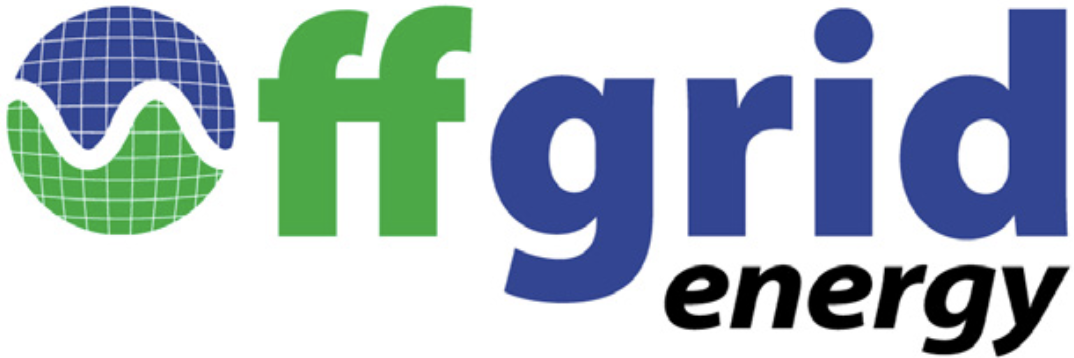

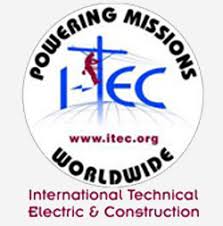

Solar Development Case Study
The project to invest further into hospital solar will bring the following benefits:
UNINTERRUPTED POWER SUPPLY
Reassembled, the system ensures uninterrupted power supply to the hospital. This is vital for running equipment and providing light during the hours of darkness, when emergency operations are needed to save lives. The system works in conjunction with grid power and generators to ensure batteries are charged and electricity is always available.
SUSTAINABLE ENERGY
With the abundance of sunshine, our solar panels produce clean, renewable energy.
LOWER FUEL CONSUMPTION
The additional resource of solar energy charging the batteries reduces the need to run the generator, cutting down on fuel and, vitally, saving money.
ENVIRONMENTAL IMPACT
With the generator burning a much reduced amount of diesel, CO2 emissions are vastly lowered helping both the environment and the patients.
SAVINGS
Before fitting the solar PV system, the hospital was spending $4,000 every month on diesel and this will be reduced to a fraction of that cost.
RETURN ON INVESTMENT
Payback for the investment can be measured in months rather than years.
REDUCED MAINTENANCE COSTS
With the battery system requiring far less upkeep, and a significant reduction in generator running hours, the costs for maintenance are significantly lowered.
NOISE POLLUTION
By reducing the running hours of the generator and using silent battery power at night, the noise pollution in the hospital is reduced allowing patients to rest.


